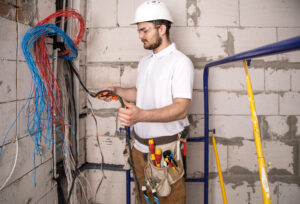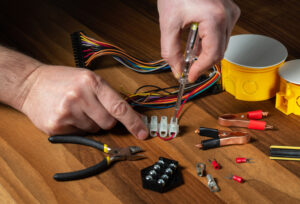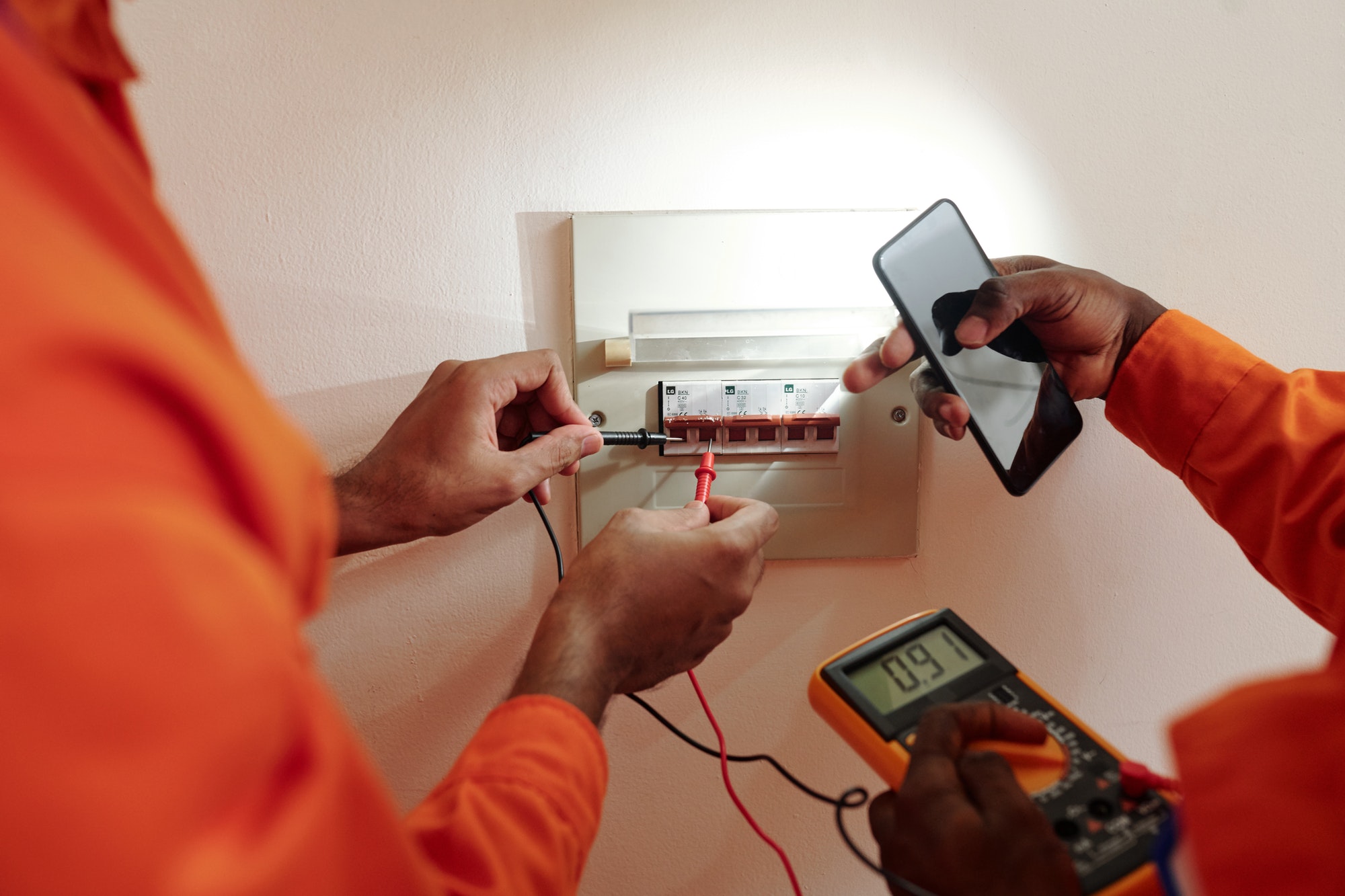Storage heaters are an efficient way to keep your home warm, especially during the colder months. However, like any heating system, they can encounter issues that affect their performance. This guide provides solutions to some common storage heater problems, helping you maintain a warm and comfortable home.
1. Heater Not Warming Up
If your storage heater isn’t producing heat, there could be several reasons:
- Power Supply Issues: Ensure the heater is plugged in and the power switch is turned on. Check the circuit breaker to ensure it hasn’t tripped.
- Thermostat Setting: The thermostat might be set too low. Increase the temperature setting and wait to see if the heater warms up.
- Fused Wiring: Inspect the fuse box for any blown fuses. Replace any faulty fuses to restore power to the heater.
- Faulty Heating Element: The heating element may be damaged or burned out. If so, it will need to be replaced. Consult a professional if you’re not comfortable doing this yourself.
2. Heater Produces Insufficient Heat
If your storage heater isn’t producing enough heat, consider these potential causes:
- Incorrect Input Settings: Ensure the input setting is high enough to store sufficient heat during off-peak hours. Increase the input setting if necessary.
- Blocked Air Vents: Dust and debris can block air vents, reducing heat output. Clean the vents regularly to maintain optimal airflow.
- Thermostat Calibration: The thermostat might be incorrectly calibrated. Reset the thermostat to ensure accurate temperature readings.
- Worn Out Insulation: Over time, the insulation inside the heater can deteriorate, reducing its efficiency. Inspect the insulation and replace it if needed.
3. Heater Retains Heat During the Day
If your storage heater is hot during the day but cools down too quickly, try these solutions:
- Damaged Storage Bricks: The bricks inside the heater store heat and release it gradually. If they are damaged, they won’t retain heat properly. Replace any damaged bricks.
- Malfunctioning Charge Controller: The charge controller regulates how much heat the heater stores. If it’s faulty, it may cause the heater to release heat too quickly. Have a professional inspect and replace the controller if necessary.
- Inadequate Insulation: Poor insulation can cause heat loss. Check and improve the insulation around the heater to retain more heat.
4. Heater Making Unusual Noises
Strange noises coming from your storage heater can be alarming. Here’s how to address them:
- Expansion and Contraction: It’s normal for the heater to make noises as it heats up and cools down due to metal expansion and contraction. These noises should be minor and infrequent.
- Loose Components: Loose components can cause rattling or banging sounds. Turn off the heater, let it cool, and then check for any loose screws or panels. Tighten them as needed.
- Fan Issues: If your heater has a fan, it might be the source of the noise. Clean the fan blades and ensure they are not obstructed. If the noise persists, the fan motor may need to be replaced.
5. Heater Emits a Burning Smell
A burning smell from your storage heater can be concerning. Here’s what to do:
- Dust Accumulation: Dust can accumulate on the heater’s elements and burn off when the heater is turned on. Clean the heater thoroughly to remove dust and debris.
- Overheating: Overheating can cause a burning smell. Check the thermostat settings and ensure the heater is not covered or obstructed. If the problem persists, it might indicate a more serious issue, such as faulty wiring, and should be inspected by a professional.
6. Heater Not Releasing Heat
If your storage heater stores heat but doesn’t release it, the problem may lie in the output control:
- Output Setting: Ensure the output setting is correctly adjusted to release heat. Increase the setting if necessary.
- Stuck Flap or Damper: The flap or damper that controls heat release might be stuck. Check for any obstructions and ensure it moves freely.
- Faulty Output Control: The output control system may be malfunctioning. If adjusting the settings doesn’t help, the control mechanism may need to be repaired or replaced.
Conclusion
Maintaining and troubleshooting your storage heater can help ensure it operates efficiently and effectively. Regular cleaning, inspection, and proper settings can prevent many common issues. However, if you encounter persistent problems or are unsure about performing any repairs, it’s always best to consult a professional technician. Keeping your storage heater in good working condition will provide you with reliable and cost-effective heating for your home.






